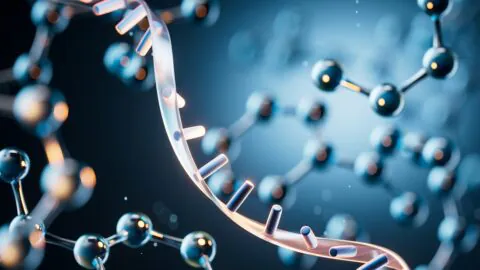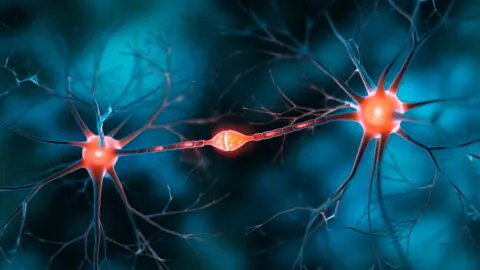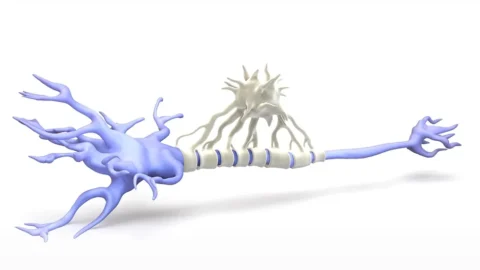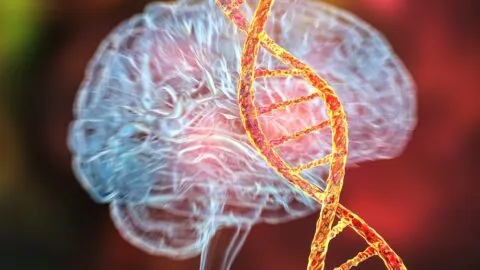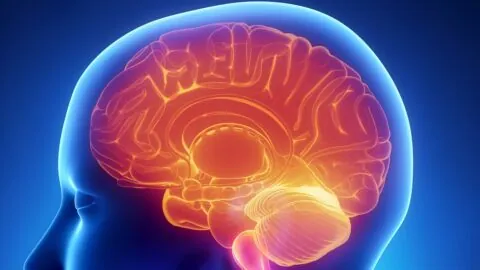January 08, 2026
In a paper published in Aging Cell, researchers have described how older cells send long interspersed nuclear element-1 (LINE-1) RNA to other cells in extracellular vesicles (EVs), spurring inflammation. Evil EVs In the literature, EVs are often discussed in a therapeutic context, as they can be used to send beneficial signals. However, EVs are the...
January 07, 2026
A recent study investigated biomarkers that can help monitor trajectories of Alzheimer’s disease-related molecular processes, such as neuronal cell death, and how patients respond to treatments. The authors reported that using biomarkers enabled them to gain insights into the molecular processes that contribute to improved cognition following human recombinant granulocyte macrophage colony-stimulating factor (GM-CSF, sargramostim)...
December 05, 2025
A new review highlights the promise of microglia replacement, a strategy that made the leap from mouse studies to the first successful human trial in just five years [1]. Repair or replace Microglia, the resident immune cells of the brain, have been implicated in various diseases, including Alzheimer’s [2]. However, treatments modulating microglial behavior are...
August 13, 2025
Researchers have recently published a review on how cannabis use among older adults impacts age-related conditions and longevity [1]. Cannabinoids and longevity In recent years, researchers have observed an increase in cannabis use among older adults, mostly for chronic conditions, such as arthritis, pain, sleep improvement, anxiety, and depressive symptoms. However, there is also a...
August 04, 2025
Researchers have developed a transcription-based clock that estimates brain age and used it to identify potential interventions against age-related neurodegeneration. Deciding which -omic to use While neurodegeneration and brain aging are not precisely the same [1], the two are tightly linked [2]. Substantial previous work has found that directly addressing brain aging in multiple forms,...
August 01, 2025
A new study has shown that, unlike many other glucose-lowering drugs, metformin is regulated by the protein Ras1 in a specific subset of neurons, and when injected into the brain, even tiny doses of metformin can do the job [1]. The brain connection The safe and cheap anti-diabetes drug metformin has been in use for...

